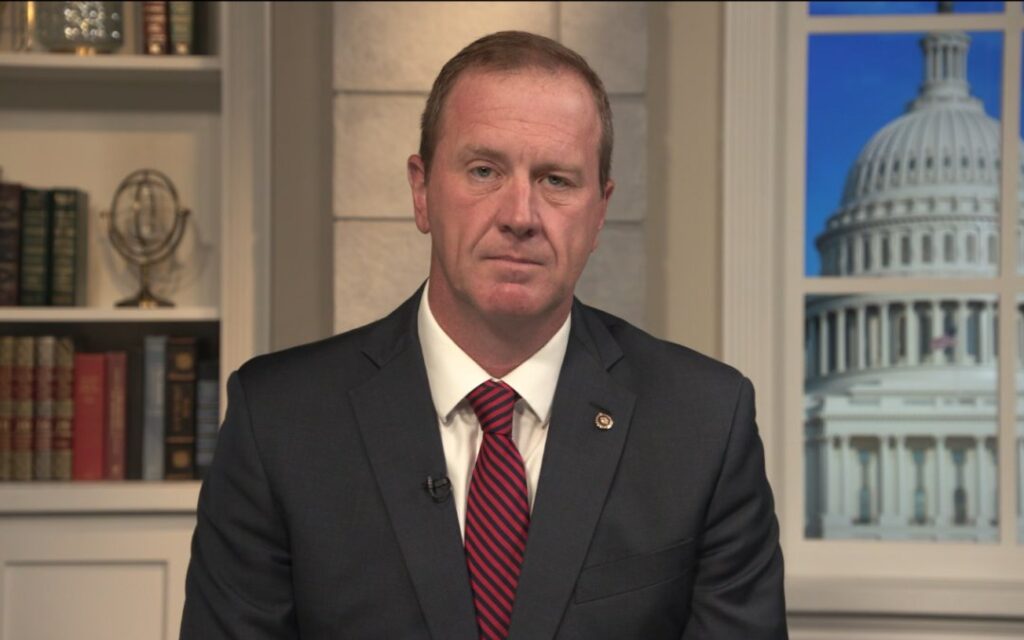Washington D.C., USA – June 10, 2025 – A new chapter in U.S. immigration and financial policy has sparked global controversy as a Republican senator proposes a steep increase in tax on remittances sent abroad by migrants. Originally passed in the House of Representatives with a 3.5% rate, the remittance tax—part of the sweeping “One Big Beautiful Bill”—is now under pressure to rise to a staggering 15%.
A Bill with Global Implications
The legislation, dubbed the “Big Beautiful Bill” by its proponents in reference to former President Donald Trump’s rhetoric, seeks to tax money transfers sent by non-citizens to recipients in foreign countries. These remittances—critical lifelines for millions of families in Latin America, Africa, and Asia—totaled over $160 billion from the U.S. in 2024 alone.
The bill, passed by the House on May 22, 2025, imposes a 3.5% tax on remittances made by non-citizens, including green-card holders and temporary visa workers. The tax is scheduled to take effect on January 1, 2026.
However, Senator Eric Schmitt (R-Missouri) is not satisfied. He is championing an amendment to raise the remittance tax to 15%, branding the current rate as “meek” and insisting the United States must no longer be the world’s “piggy bank.”

“We need to take care of America first,” Schmitt said on Capitol Hill. “Every dollar sent out of the country is a dollar not spent on American families and communities.”
Political Backing and Backlash
The senator’s proposal has received enthusiastic support from far-right lawmakers, including Rep. Marjorie Taylor Greene and Rep. Chip Roy, both of whom have long advocated tougher immigration and border policies.
But critics across the aisle and beyond U.S. borders are sounding the alarm. Mexican President Claudia Sheinbaum denounced the proposed increase as “inhumane” and “economically hostile,” vowing to resist the bill through diplomatic channels. The Mexican government has also urged its citizens in the U.S. to contact lawmakers and express opposition.
In response, Mexico has introduced its “Finabien” legislation, aimed at subsidizing money transfer costs and preserving the financial flow back home.
A Blow to Migrant Workers and Developing Economies
Remittances form the economic backbone of many developing nations. For El Salvador, Honduras, and Guatemala, they account for 20–26% of GDP. In Mexico, the 2024 remittance intake was a record $64.7 billion, representing over 3.5% of the national GDP.
If the U.S. increases the tax to 15%, economists warn that it could severely disrupt livelihoods dependent on these funds. There is also fear that such measures will drive transactions underground, increasing the use of informal and potentially dangerous channels such as unregulated agents or cryptocurrency.
Dr. Helena Cruz, an economist with the Global Remittance Institute, noted:
“This tax risks destabilizing fragile economies, reducing household income, and ultimately backfiring on U.S. interests in regional stability.”
Fintech Sector Under Fire
The global fintech industry is also bracing for impact. Companies like LemFi, NALA, Chipper Cash, and Moniepoint—many of which serve the African diaspora—warn that the tax could lead to increased transaction costs, stricter compliance hurdles, and reduced service access for migrants.
A spokesperson from a leading remittance platform said, “This tax undermines the financial inclusion mission we’ve spent years building. It’s a direct attack on the global poor.”
What’s Next?
The Senate is expected to vote on the tax hike proposal before July 4, using budget-reconciliation rules that require only a simple majority. Lobbying from foreign governments, migrant-rights organizations, and fintech firms is intensifying as the date approaches.
Should the Senate approve the 15% rate, the implications will be immediate and far-reaching—both economically and diplomatically. Migrants, many of whom already pay U.S. income taxes, may be doubly burdened, while recipient countries brace for potential financial shortfalls.
Conclusion
At its core, the proposed tax is not merely a budgetary maneuver—it’s a symbol of the shifting moral and political compass of U.S. immigration policy. Whether viewed as a necessary tool for national security or a punitive blow to the world’s most vulnerable, one fact is clear: the outcome of this legislation will reverberate far beyond America’s borders.
FactSphere will continue monitoring this development closely and provide timely updates as the debate unfolds.